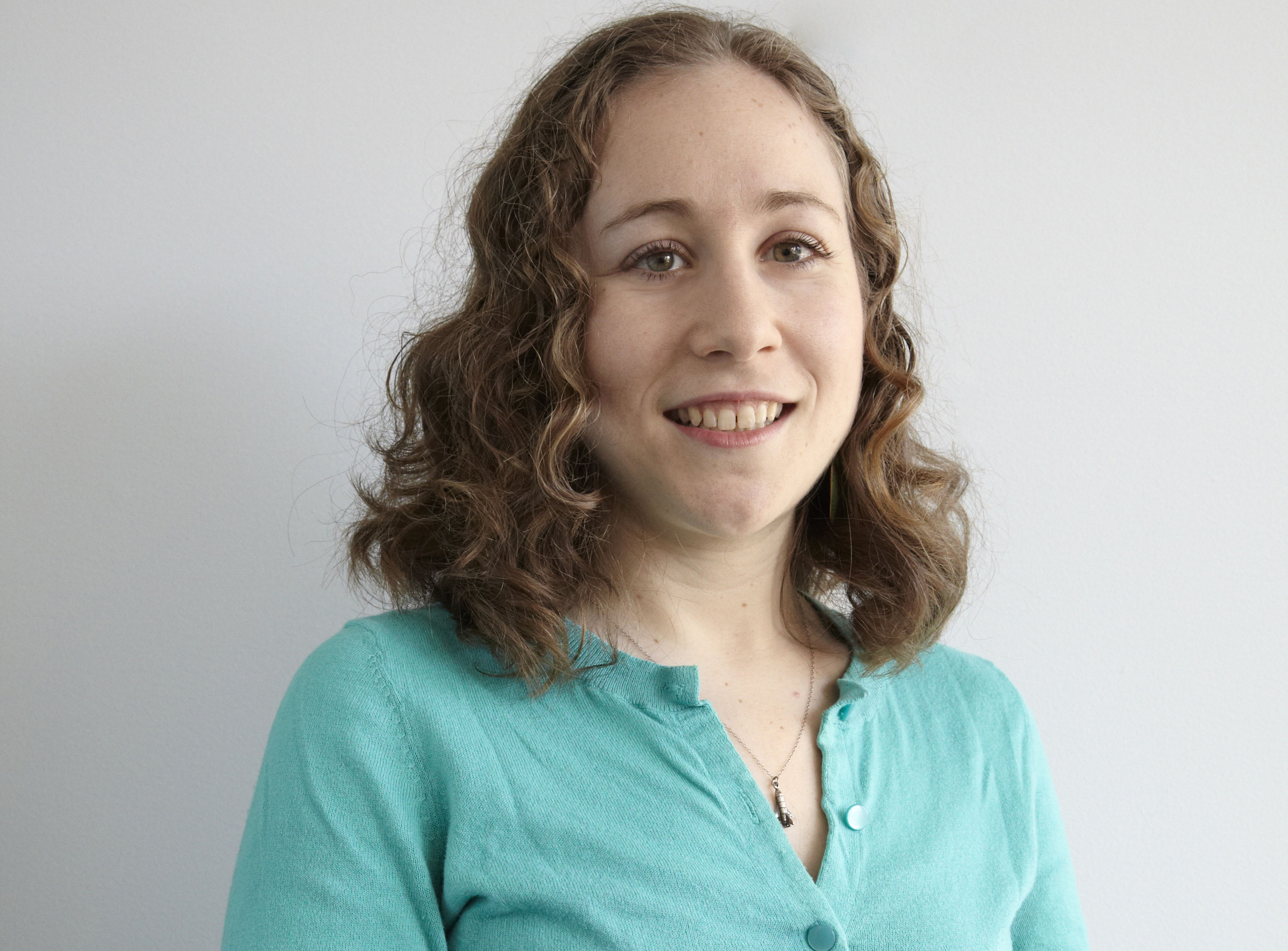Teen Pregnancy: Hip or Blip?

Juno MacGuff and Britney Spears' 16-year-old pregnant sister are just two signs that teen pregnancy is “in,” Maclean's magazine suggests. But some experts disagree, citing statistics that show long-term teen pregnancy is not on the rise.
Jamie Lynn Spears, star of the Nickelodeon television series "Zoey 101," is getting a lot of tabloid attention for her pregnancy. MacGuff is the 16-year-old pregnant protagonist in the new movie "Juno." In the film, Juno decides to give the baby up for adoption.
In the article "Suddenly teen pregnancy is cool?" published Jan. 17 in the Canadian magazine, Cathy Gulli argued that a trend supporting underage motherhood was afoot, among celebrities and the larger population.
However, the Canadian teen birth rate dropped 38 percent from 1994 to 2004.
And the U.S. teen birth rate dropped consistently from 1991 to 2005, decreasing about 33 percent overall, according to the CDC's National Center for Health Statistics. However, the 2006 report showed a 3 percent increase in the teen birth rate from the year before.
Experts were surprised by the change, and have debated whether it represents a fundamental shift or a blip.
"The increase is obviously noteworthy and certainly has our attention," said Bill Albert, deputy director of the National Campaign to Prevent Teen and Unplanned Pregnancy. "What nobody knows is why the rates have gone up."
Sign up for the Live Science daily newsletter now
Get the world’s most fascinating discoveries delivered straight to your inbox.
Canada's data is not yet in from 2006.
Shifting social norms
However, Albert thinks young motherhood has lost some of its stigma. Despite the declines, 441,832 children were born to teens in the United States in 2006.
"I think one of the reasons why this country's rates of teen pregnancy are high is that we simply do not have a strong social norm that teen pregnancy is not OK," Albert told LiveScience. "I think that’s why the rates in Great Britain, Japan, Italy and the Netherlands are significantly lower compared to ours. There, there is a very strong social norm that there is a sequence to life's events, you don’t begin a family when you are 16 years old."
But he is skeptical that this difference in social norms is behind the recent increase in the U.S. teen pregnancy rate, because this attitude toward teen pregnancy has taken hold in America over the past several decades, not just the last year.
Is young motherhood really hip?
Some experts here and in Canada dispute the notion that teen pregnancy has become trendy.
"I don’t see any reason to think we have a general phenomenon going on here where young women are becoming pregnant because they think it's cool," said Don Langille, a professor of community health and epidemiology at Dalhousie University in Halifax, Canada.
In England, however, pregnancies among women under 18 rose in 2005 to the highest rate since 1998, according to the Department for Children, Schools and Families in the UK.
Langille said he doubts that teen pregnancy in Canada has similarly increased, but even if it has, he doesn't think a small blip is significant.
"I think at least in our country what we should be doing is publishing information about this success story in teen pregnancy [over the last 10 years] rather than alluding to the possibility that things have stopped getting better based on no evidence," he said.
Langille pointed out another recent trend that calls the pregnancy-is-hip hypothesis into question. "Slightly fewer young women in Canada are carrying their pregnancies to term," he said. "To me, that’s an indication that young women aren’t exactly seeing this as cool."
Celebrity role models
Whether or not the average teen thinks unplanned pregnancy is fashionable, there are numerous celebrity and pop culture examples of hip, unmarried moms. The Maclean's article pointed to Nicole Richie and Jessica Alba, and movies such as "Knocked Up" and "Waitress."
"I think you would have to be naïve in the extreme to think celebrity culture doesn’t shape trends," said the National Campaign to Prevent Teen and Unplanned Pregnancy's Albert. "The celebrity trend seems to be 'baby as ornament' — it's like a fashion accessory almost. I don’t think the effect is as direct as some might expect, but it certainly is playing a role."
Other experts agree celebrity role models can affect cultural trends, but say it's difficult to tell how people will respond. While some teens might look up to Jamie Lynn Spears, for example, and want to emulate her, others will have the opposite response, said Douglas Kirby, a senior research scientist at ETR Associates, a nonprofit organization promoting health education. Jamie Lynn might be the wake-up call some teens need to start having safe sex.
"It's possible that people might say, 'She was the responsible sister, maybe I should be careful,'" he said.
Other causes
Besides the alleged trendiness of teen pregnancy, there are a few other possible explanations for the recent uptick in young women having babies.
Albert warned against interpreting the teen data out of context. In 2006 it wasn't just young teen births that went up, he said, but births to women in their 20s, 30s and 40s as well.
Since conception grew across the board, "whatever's happening, a teen-centric explanation won't do it," Albert said. Or perhaps efforts to warn teens against pregnancy have waned because the news was good for so long, he suggested. "Complacency may have become the enemy of progress," he said. "If somebody reads every year that the rates are going down, they think we've solved that issue. It's not unreasonable for people who hold the purse strings to say they'll put the money elsewhere."
If that's the case, he hopes the 2006 upswing will change the situation.
"Nothing focuses the attention quite like a bad report card, so we do hope one of the silver linings here is to spur people into action," he said. "We can take this to policy makers and say clearly this battle has not ended, we need to rejoin the fight here."
- Top 10 Aphrodisiacs
- Britney vs. Hillary: The Role Model Myth
- The Sex Quiz: Myths, Taboos, and Bizarre Facts











